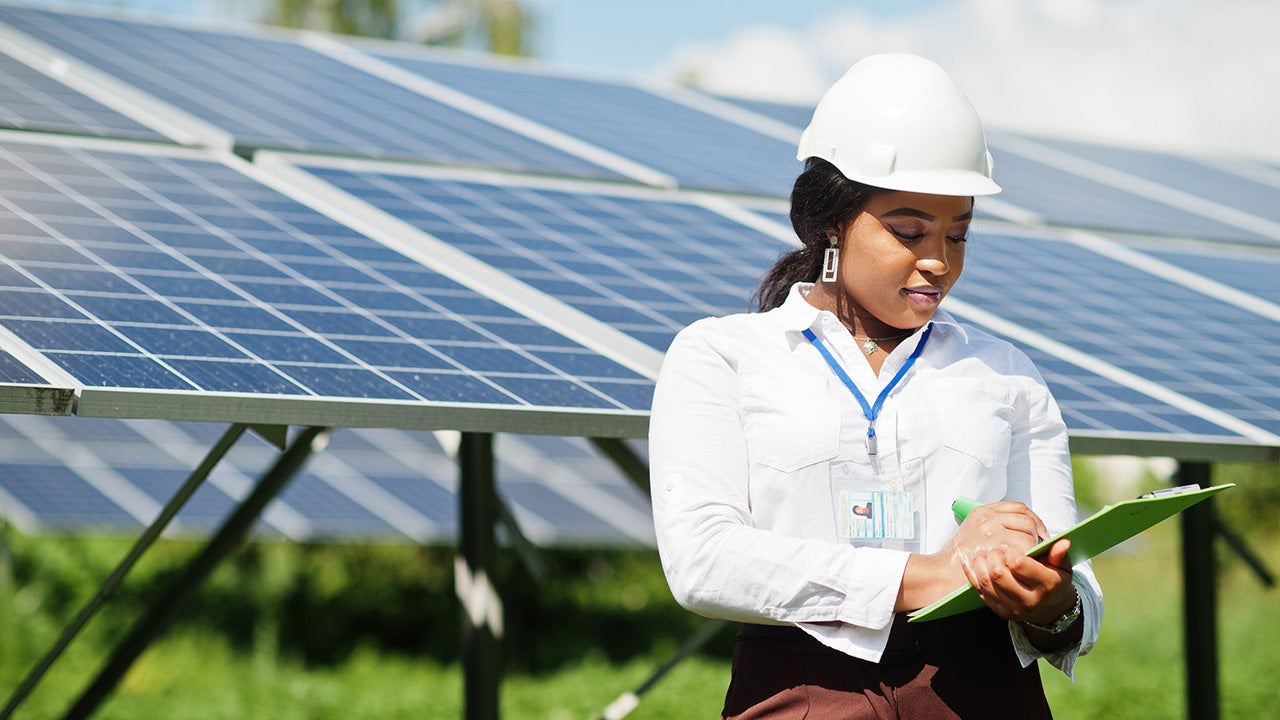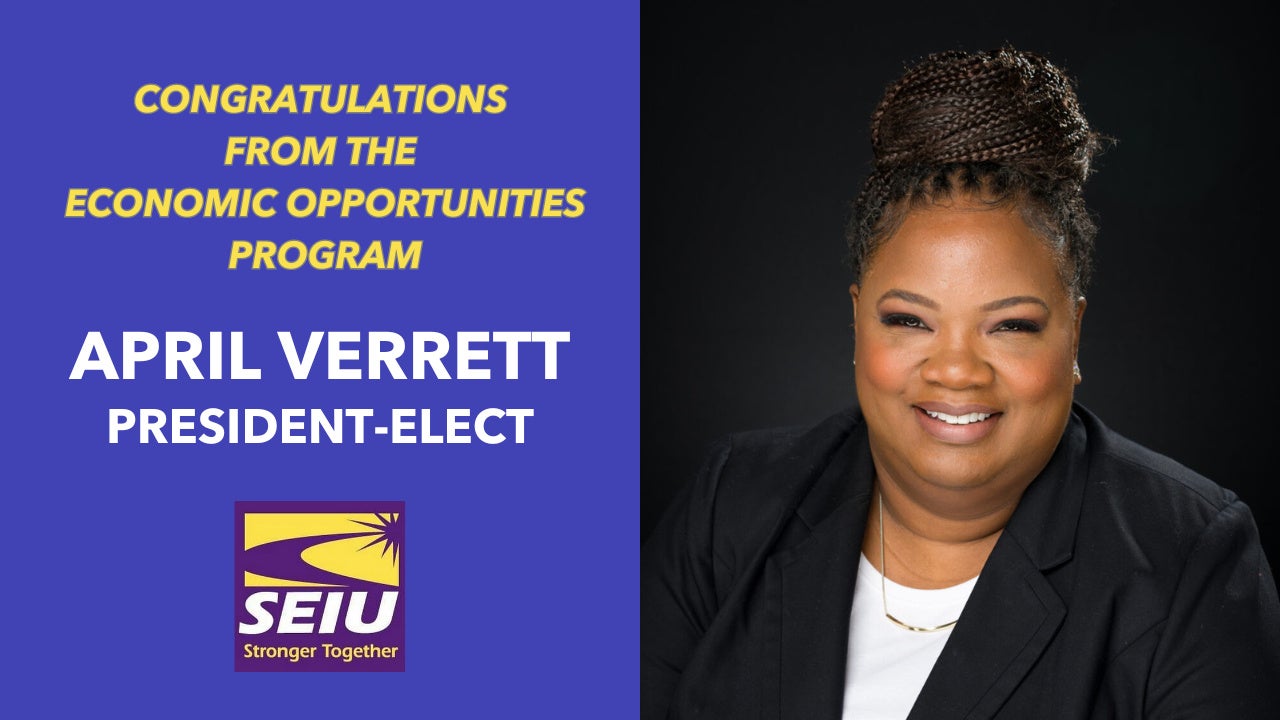Women are at the forefront of the fight to address the climate crisis. They are effective and inspirational global leaders on the ground, in board rooms, and in government. Women helped craft the historic 2015 Paris Climate Agreement.
While climate change affects all of us, girls and women bear the greatest burden. They are responsible for up to 80% of food production in the global South, and erratic weather patterns resulting from climate change can cause drought. This can put enormous strain on both women and girls, sometimes causing girls to drop out of school to help their mothers. Most distressingly, women and girls account for almost 80% of those displaced by climate-related factors.
However, women are not just victims of climate change and its effects. On the contrary, they are critical to delivering solutions at local and global levels—when they are effectively supported. A 2010 study found that women entrepreneurs may be more engaged in green issues than male entrepreneurs. Take the woman-led Indonesian venture Sustaination. The company sells reusable products, from toiletries to compost equipment, and raises awareness around zero-waste lifestyles. Since its founding in 2018, it has saved more than six million disposable items and 30,000 kilos of plastic a year.
Yet many women face significant obstacles in seeing their ventures succeed. Women operate around 30% of small businesses globally, but the International Finance Corporation estimates that there remains a $300 billion gap in financing for formal women-owned small businesses. More than 70% of women-owned small and growing businesses lack adequate access to financial services—women entrepreneurs do not have the same access as male peers to resources and opportunities to build their ideas into a sustainable, growing business. This includes businesses that are developing goods and services specifically addressing climate change through emissions reductions, adaptation, and building resilience in local communities and across key supply chains. Data from the Global Accelerator Learning Initiative has shown that acceleration efforts sometimes widen the gap between women-led and men-led enterprises, likely due to implicit bias.
The Aspen Network of Development Entrepreneurs is helping to both highlight and address these challenges. Working with member organizations, like Enviu’s Zero Waste Living Lab which supports Sustaination, to strengthen enabling small business ecosystems across many developing economies via eight regional chapter hubs, the program addresses these gaps and supports the small and growing business entrepreneurs bringing solutions and powering jobs growth in their communities.
ANDE has taken on addressing climate change and gender equality as two of its key urgent issue areas, aligning closely with the 2030 Sustainable Development Goals. ANDE intertwines action when possible. Alongside the government of Canada, the program has created the Accelerating Women Climate Entrepreneurs Program. Working together with the World University Service of Canada and the Aga Khan Foundation Canada, ANDE targets women climate entrepreneurs in Sub-Saharan Africa to promote good practices in climate-related value chains. The program will also help economic intermediaries through the provision of technical assistance and support on the integration of gender equality in their operations. It will provide training to enhance the capacity of investors to integrate a gender lens into their investment portfolios.
Climate change is an immense challenge for us all. 800 million people around the world still live without electricity—developing renewable energy solutions is necessary to close this gap. Women entrepreneurs, especially in the most vulnerable communities, deserve equitable access to financial and technical support to bring these kinds of climate innovations to market. This will contribute greatly to addressing existing and emerging climate threats. Let’s tackle both together.
Richenda Van Leeuwen is the executive director of the Aspen Network of Development Entrepreneurs.


